Demand Response
FERC Conference Highlights Challenges in Resource Adequacy
Historical facts on Ontario's peaksaver PLUS
Demand Response

The Demand Response Revolution
For decades, utilities have been deploying demand response to achieve a variety of load shaping objectives, most notably peak reduction in response to grid conditions. Since their inception in the 1990s, independent system operators (ISOs) and regional transmission organizations (RTOs) have also been dispatching demand response along with supply-side resources to help maintain the reliability of bulk power systems.
The largest share of demand response has traditionally been emergency interruptible load programs, wherein large...
Related Articles

Historical facts on Ontario's peaksaver PLUS
Many electric utilities in Ontario have been providing the peaksaver PLUS demand response program to their customers. According to the peaksaver PLUS website, this program is designed to help customers reduce demands on the power grid. The program has proven to be very effective. During peak...

Pathways Initiative Proposes Regional Organization to Oversee Western Power Markets
In a landscape characterized by evolving energy demands and increasing pressure to transition to renewable sources, the Pathways Initiative is proposing a significant restructuring of power market oversight in the Western United States. This initiative seeks to create a regional organization that...
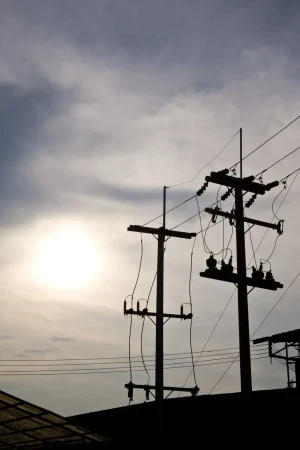
FERC Rejects PJM Transmission Planning Change
The Federal Energy Regulatory Commission (FERC) has rejected a proposal from PJM Interconnection, one of the United States' largest regional transmission organizations, to alter its transmission planning protocol. The decision represents a significant victory for state regulators who had expressed...
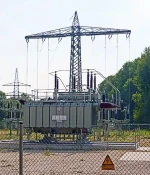
Smart Transformers: Enhancing Grid Efficiency and Reliability
The evolving demands of modern power grids necessitate the adoption of advanced technologies that can provide enhanced efficiency, reliability, and flexibility. Smart transformers are at the forefront of this technological revolution, offering a range of capabilities that significantly improve the...
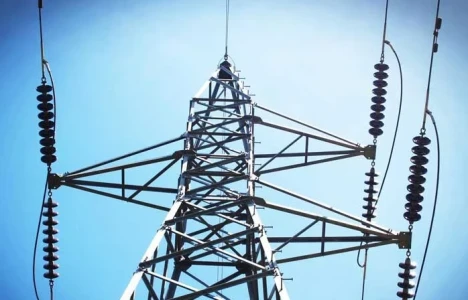
FERC Complaint Targets Duke, PJM Transmission Planning
A coalition of large energy consumers and ratepayer advocates has filed a complaint with the Federal Energy Regulatory Commission (FERC), urging the agency to prohibit transmission owners from independently planning "local" transmission projects exceeding 100 kilovolts (kV). The coalition argues...

Virtual Power Plants (Vpp) And Smart Grids: Integrating Renewable Energy For A Sustainable Future
The rapid shift toward renewable energy resources (RERs) has placed significant demands on traditional power systems. To address these challenges, modern energy infrastructure is evolving into smart grids, leveraging advanced technologies like Virtual Power Plants (VPPs) to enhance grid...
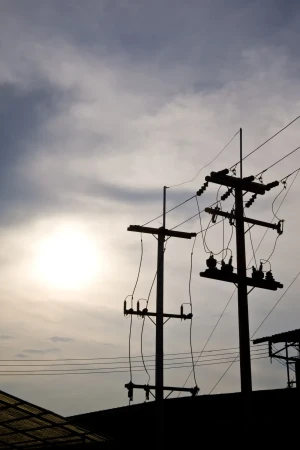
FERC Rejects PJM Transmission Planning Change
The Federal Energy Regulatory Commission (FERC) has rejected a proposal from PJM Interconnection, one of the United States' largest regional transmission organizations, to alter its transmission planning protocol. The decision represents a significant victory for state regulators who had expressed...

FERC Conference Highlights Challenges in Resource Adequacy
The Federal Energy Regulatory Commission (FERC) recently hosted the Co-Located Load Conference, a significant event that focused on resource adequacy, energy reliability, and the challenges of ensuring sufficient electricity supply amidst changing grid dynamics. As the energy landscape continues to...

Pathways Initiative Proposes Regional Organization to Oversee Western Power Markets
In a landscape characterized by evolving energy demands and increasing pressure to transition to renewable sources, the Pathways Initiative is proposing a significant restructuring of power market oversight in the Western United States. This initiative seeks to create a regional organization that...
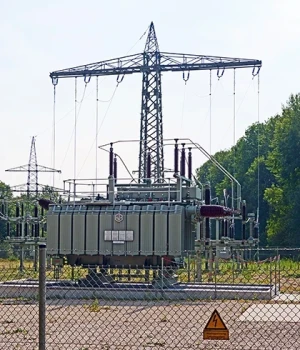
Smart Transformers: Enhancing Grid Efficiency and Reliability
The evolving demands of modern power grids necessitate the adoption of advanced technologies that can provide enhanced efficiency, reliability, and flexibility. Smart transformers are at the forefront of this technological revolution, offering a range of capabilities that significantly improve the...
